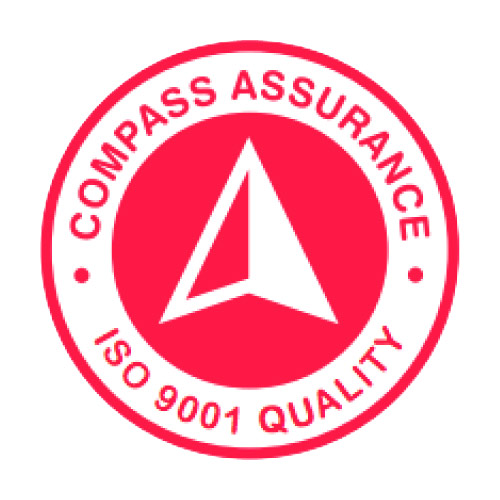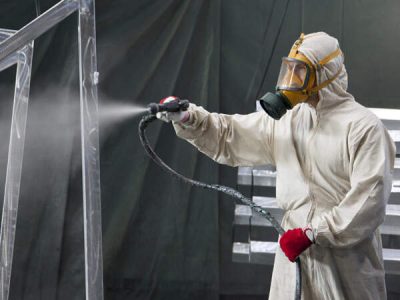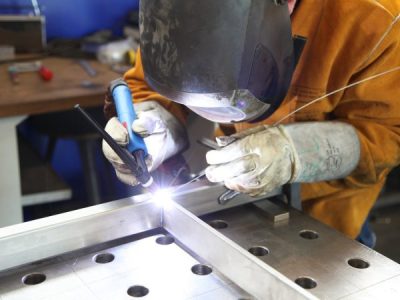So you’ve decided your assets need Marine-quality spray painting. A wise choice. Items in marine environments are more prone to corrosion and rust, so a professional, protective spray system keeps metal, wood and many other materials protected for longer. This guide will walk you through everything you need to know when organising a job with a professional spray painter.
Why Choose Marine Spray Paint?
Spray painting your boat or another coastal structure (patio, dock, outdoor switchboard casings, etc.)? Marine spray paint is designed specifically for use in coastal areas and on boats. Here are a few reasons why it’s your best option:
Marine spray paint contains anti-corrosive agents that prevent rust and protect against the damaging effects of saltwater and humidity. Regular spray paint just won’t cut it in a marine environment.
It’s also formulated to adhere strongly to difficult surfaces like fibreglass, aluminium, and steel which are commonly used in boatbuilding and coastal construction. The paint won’t chip or peel, even when exposed to rough, wet conditions.
Marine spray paint is UV-resistant, so it won’t fade quickly in the bright sun. It’s available in low-VOC and eco-friendly varieties for those concerned about environmental impact.
With the right professional service, marine spray paint will leave your boat or building looking shipshape for years to come. For coastal property, it really is the only paint that will withstand the test of time and tide. Protect your investment and choose a high-quality marine spray paint.
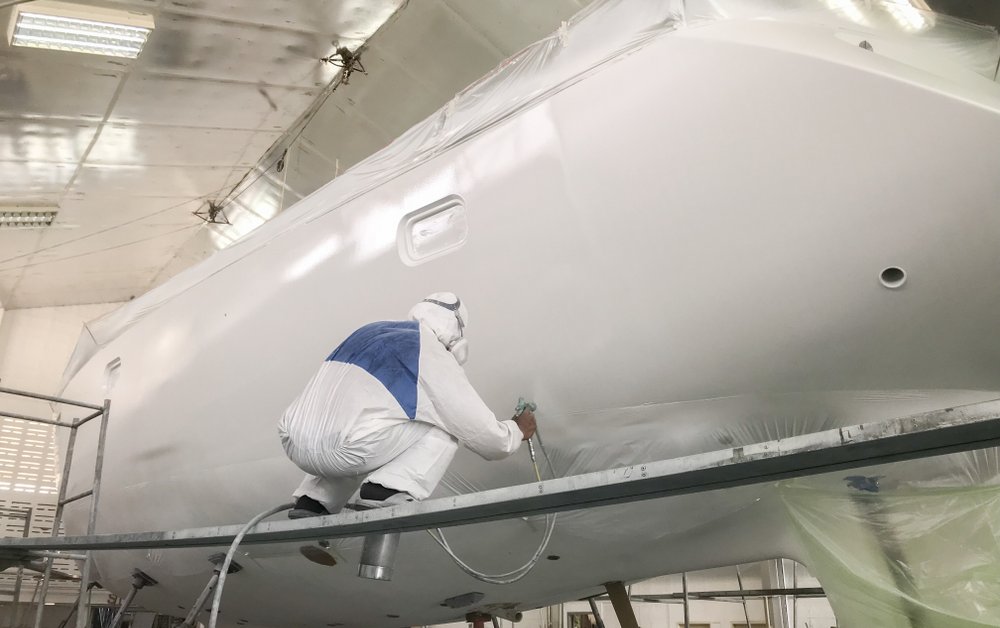
FAQs: How Long Does Marine Spray Paint Last? Can I Spray Paint in Windy Conditions?
How Long Does Marine Spray Paint Last?
Marine spray paint is designed to withstand harsh, corrosive conditions so it typically has a long lifespan. When applied properly to a cleaned, primed surface, you can expect marine spray paint to last:
- 3 to 5 years on boats and other frequently used marine equipment
- Up to 10 years on more stationary coastal structures like docks, piers and buoys
The exact durability will depend on factors like exposure to sun, moisture, and abrasion. To maximise the life of your marine spray paint, a professional team will apply 2-3 coats for maximum coverage. An additional clear topcoat can also help protect the finish.
Can I Spray Paint in Windy Conditions?
Outdoor spray painting can prove to be a hassle in windy coastal environments. That’s why APT Spray Painting utilises a spray booth. That way we have full control over covering your asset and ensuring a clean and streak-free result.
Spray Paint Protects Items In Coastal Environment
Spray paint is ideal for marine environments since it creates a durable, weather-resistant coating. The paint is designed to adhere well to surfaces commonly found in coastal areas like metal, wood, and fibreglass. It protects these materials from damage caused by exposure to salt, sunlight, moisture, and temperature changes.
Protection from Corrosion
The salty sea air causes metal objects like railings, fixtures, and equipment to corrode over time through rusting. Marine spray paint forms a protective barrier between the metal and the surrounding air. The paint resists water, chemicals, and abrasion, preventing the oxygen and moisture in the air from reacting with the metal. Regular recoating helps ensure continued protection from corrosion.
Resistance to Fading
Powerful UV radiation from the sun fades and deteriorates paint over time. Marine spray paint is fortified with UV-resistant additives and stabilisers that help it retain colour and sheen even after prolonged sun exposure. The specialised formula blocks UV rays from penetrating the paint, keeping surfaces vivid and preventing fading for a long time.
Flexibility
Coastal structures experience a lot of stress from wind, waves, and temperature changes. Marine spray paint contains elastic polymers and resins that give it flexibility and durability. The paint is able to expand and contract with the surface as temperatures fluctuate, avoiding cracking. It also adheres very well, resisting peeling even under high stress. The flexibility and adhesion help the paint last for many years in rough marine environments.
Using high-quality marine spray paint formulated for coastal use will protect metal, wood, fibreglass, and other materials from damage in harsh marine environments. The durable, weather-resistant paint forms a long-lasting barrier against corrosion, fading, and environmental stress.
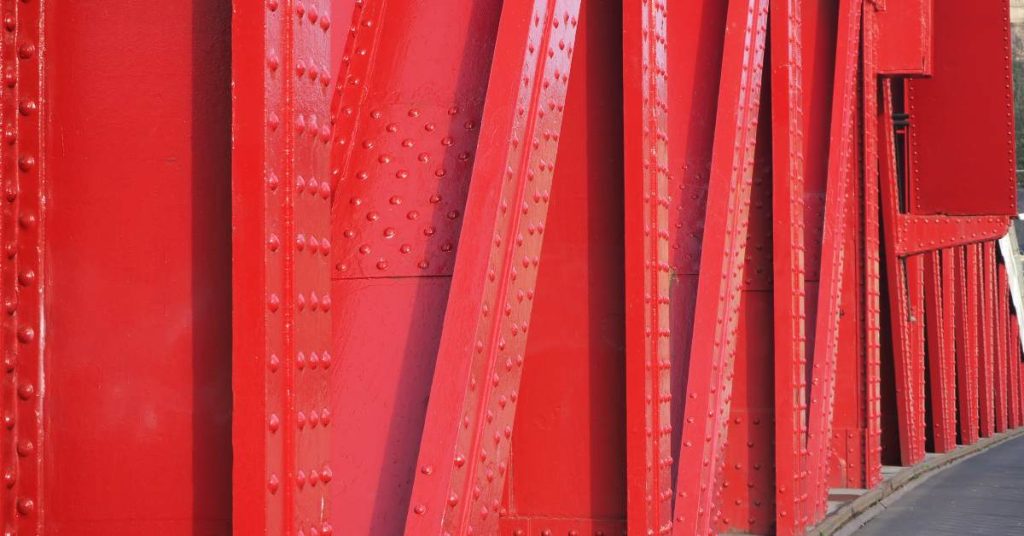
How Spray Paint Deters Rust
Spray paint contains special additives that help prevent rust and corrosion on metal surfaces. The most important of these is a rust inhibitor, typically zinc phosphate or zinc chromate. These compounds bond to the metal surface and act as a barrier, preventing oxygen and moisture from contacting the metal.
Many marine spray paints also have UV blockers and stabilisers. These help the paint withstand exposure to harsh sunlight and weathering without fading, cracking or breaking down. By protecting the integrity of the paint film, the rust inhibitors and oils are able to keep working effectively for longer.
What is marine-grade paint?
Marine-grade paint is specially formulated to withstand exposure to saltwater and harsh coastal conditions. Unlike regular paint, marine paint contains chemicals and resins that make it waterproof, weather-resistant, and durable.
What makes it different?
Marine paint typically contains:
- Copper or zinc compounds that prevent growth of algae and barnacles.
- Epoxy resins that create a hard, durable finish.
- UV inhibitors that protect against sun damage and fading.
- Rust-preventing agents like zinc phosphate.
The specific ingredients and ratios used by different brands will vary, but in general, these components allow marine paint to survive in demanding seaside environments. Regular paint will quickly blister, peel and fade when exposed to salt spray, high humidity and intense sunlight.
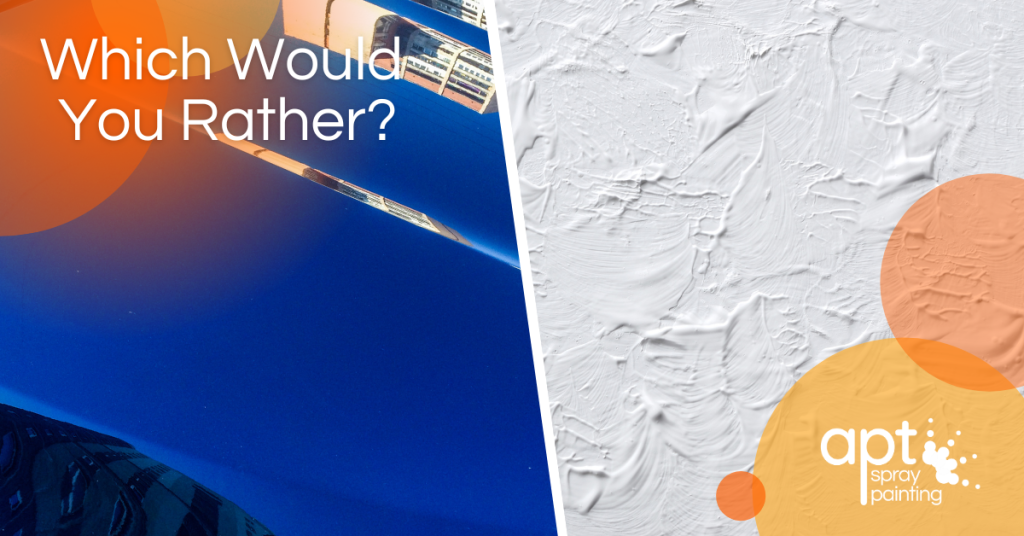
What’s the difference between marine paint and regular paint?
Marine paint and regular paint differ in several key ways:
- Formulation. Marine paint is specially formulated to withstand harsh marine environments. It contains strong UV blockers to resist sun damage and fungicides to prevent mould growth. Regular paint is not designed for these conditions and will quickly break down.
- Durability. Marine paint is built to last in extreme conditions like saltwater, humidity, and temperature changes. It forms an enamel coating that is resistant to cracking, peeling, and fading. Regular paint will chip and peel in a short time when exposed to marine weather.
- Flexibility. Marine paint is flexible enough to expand and contract with temperature changes without damage. This prevents cracking as the surface it’s applied to moves. Regular paint is less elastic and can crack under these circumstances.
- Toxicity. Marine paint is low in volatile organic compounds (VOCs) and toxins to meet environmental regulations for use around water. Regular paint contains higher levels of VOCs that can be released into the air or leach into the water.
- Cost. Due to its specialised formulation and high performance, marine paint tends to cost more than regular paint. However, because it lasts much longer, it may save money in the long run.
In summary, while regular paint works well for indoor and land-based projects, marine paint is specially engineered to withstand the difficult conditions in marine and coastal environments. Using the proper paint for the job will help ensure the best results and a long-lasting finish.

